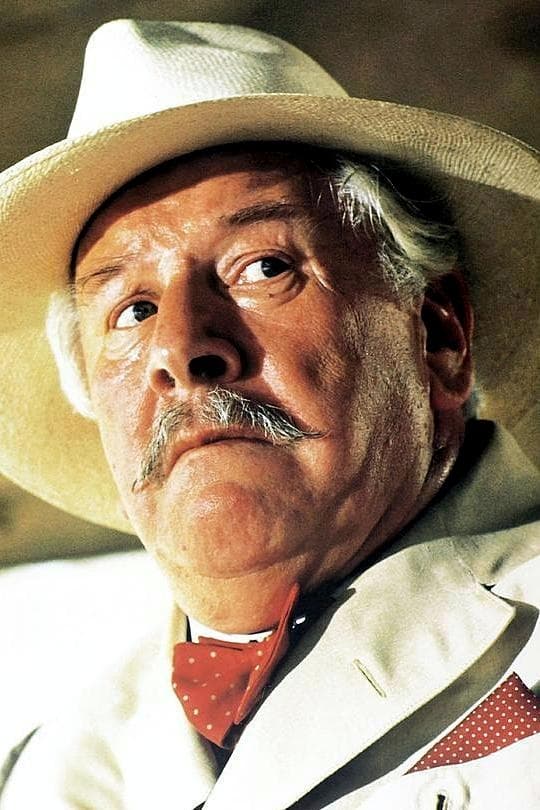
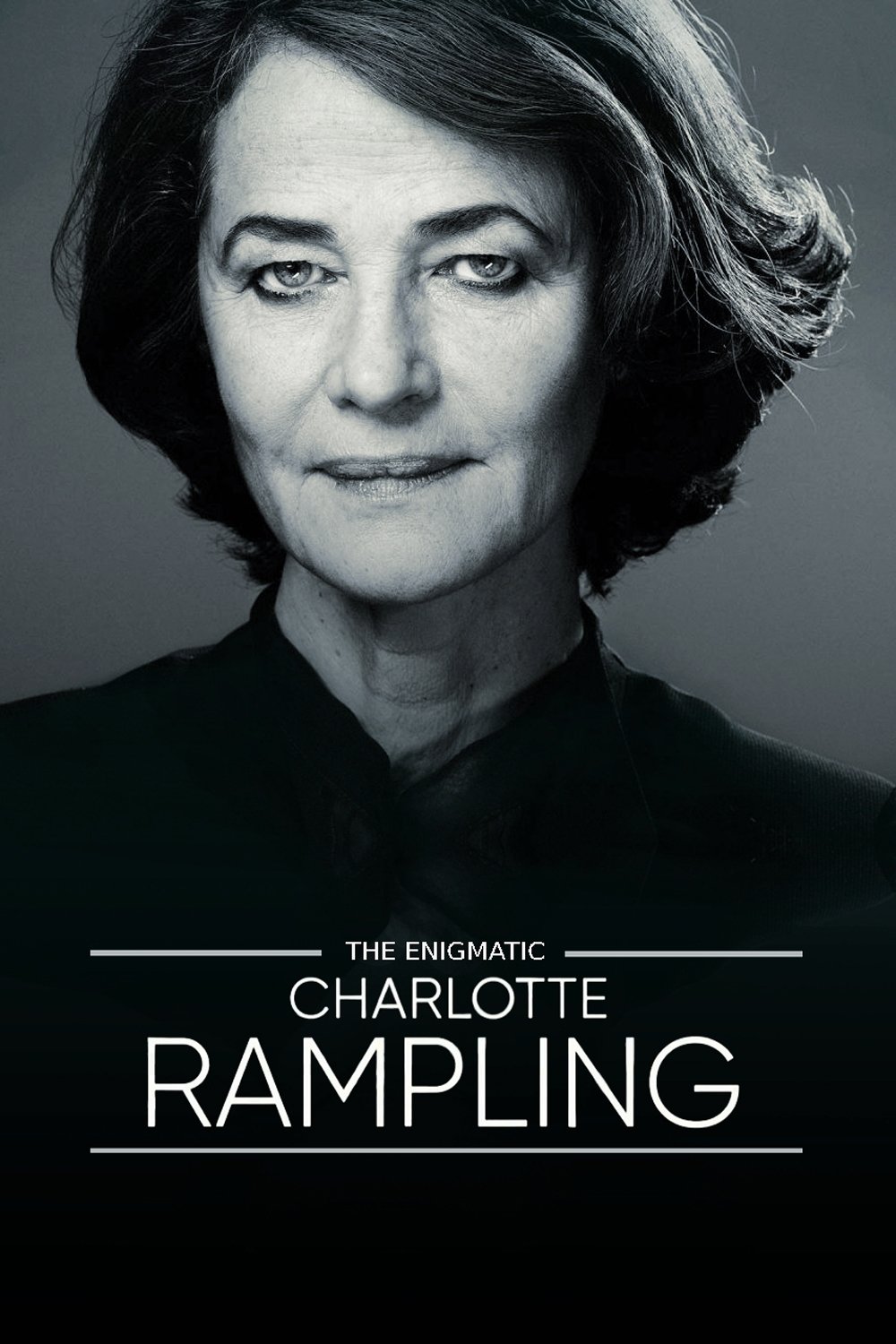
Screen icon Charlotte Rampling has fascinated the world of cinema, fashion and photography with her mysterious and almost inaccessible beauty. A major figure in genre and auteur films, she is unclassifiable: between presence and absence, shyness and audacity, she's always hypnotic, magnetic and fascinating. From her film debut in the mid-1960s in England, to her unconventional career path, through the tragic loss suicide of her older sister that will irremediably mark her acting, this film is a dive into the existential quest of a complex actress, whose every facet is discovered through her roles. Through a conversation with the actress herself, along with personal archives and extracts from her films, this documentary raws a dazzling portrait of her life and career.
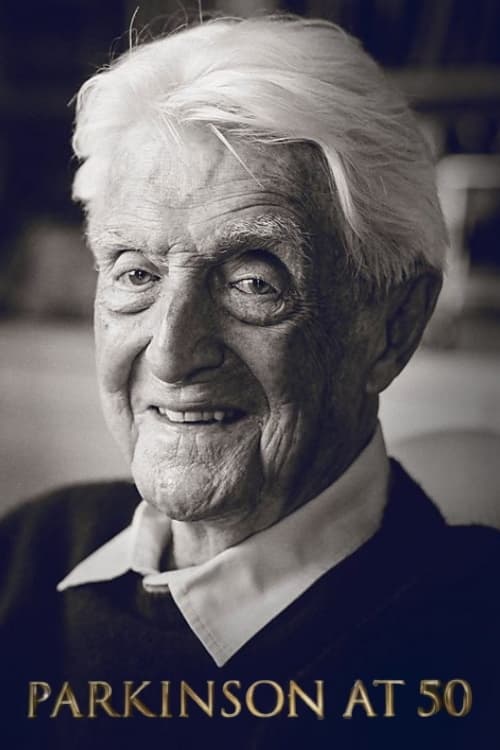
Sir Michael Parkinson looks back over his 50 years as a broadcaster, revealing some tricks of the interview trade and remembering some of his favourite encounters.
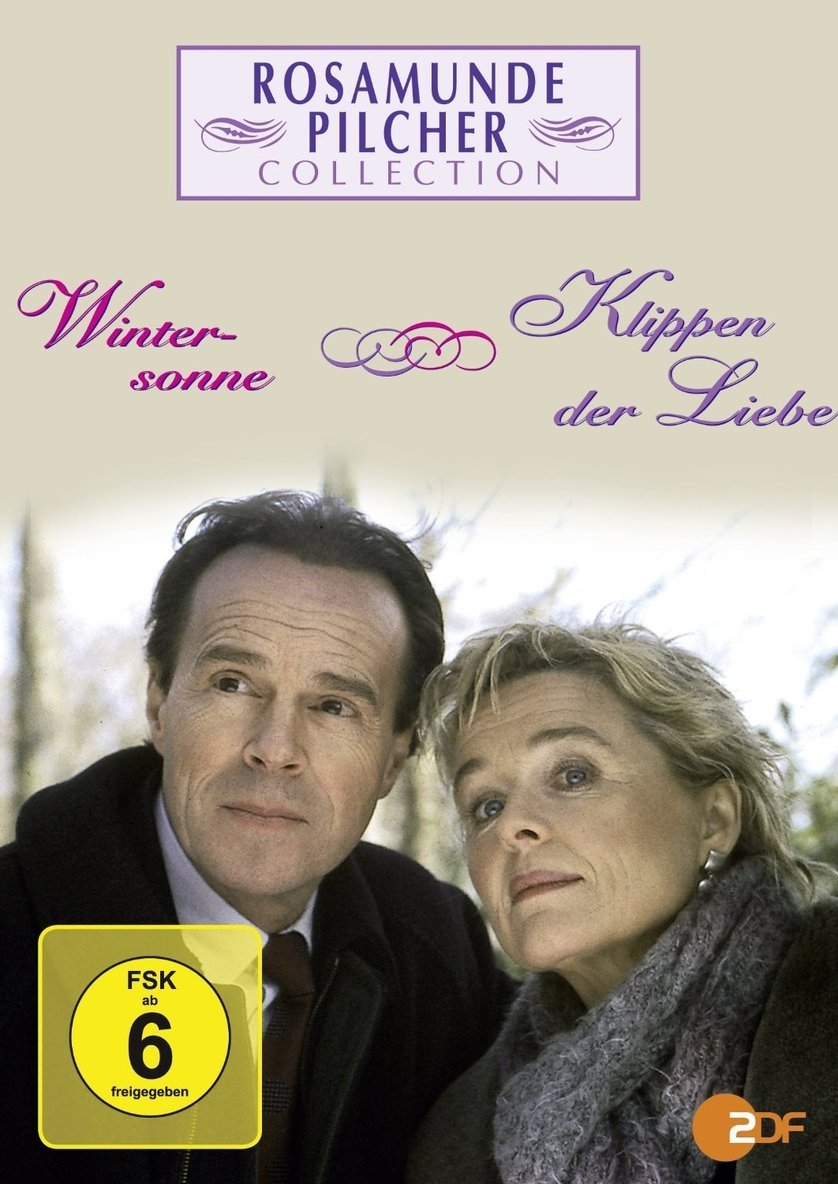
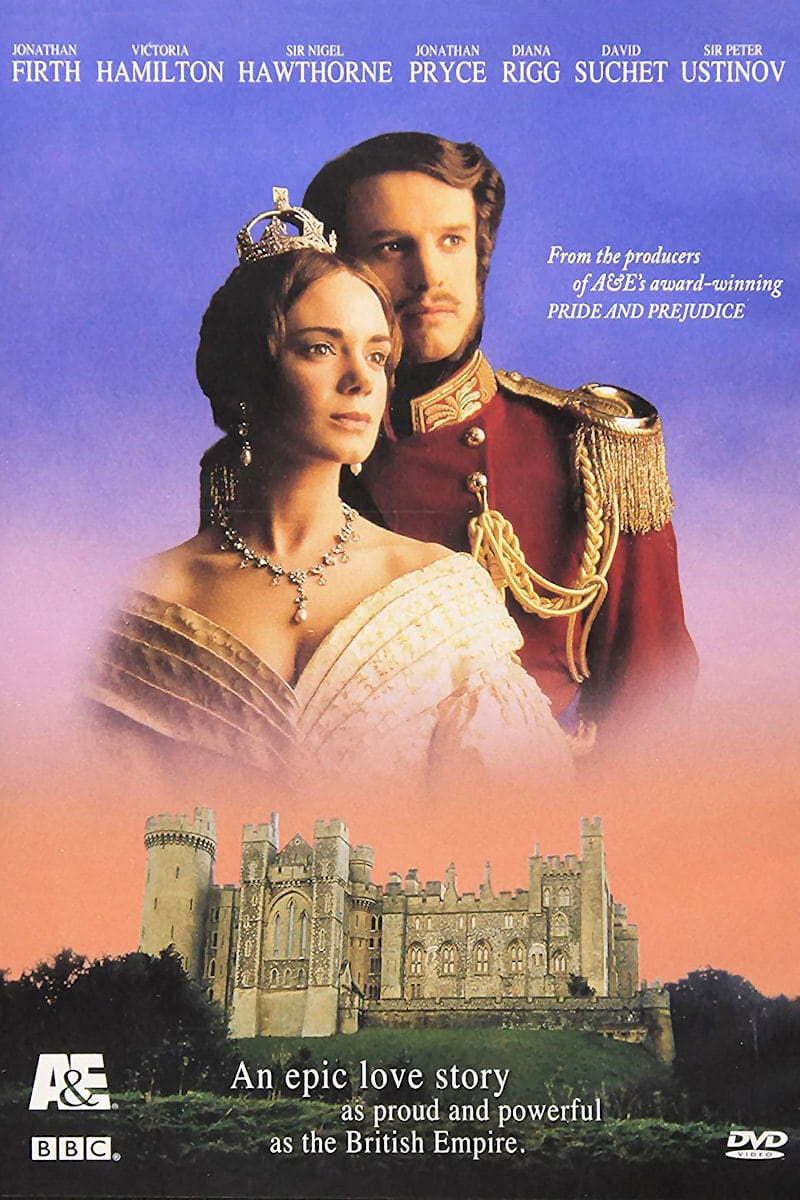
Lavish two-part dramatisation of the passionate love story that was Queen Victoria and Prince Albert's marriage. Two-part drama chronicling the relationship between Queen Victoria and her consort, Prince Albert.
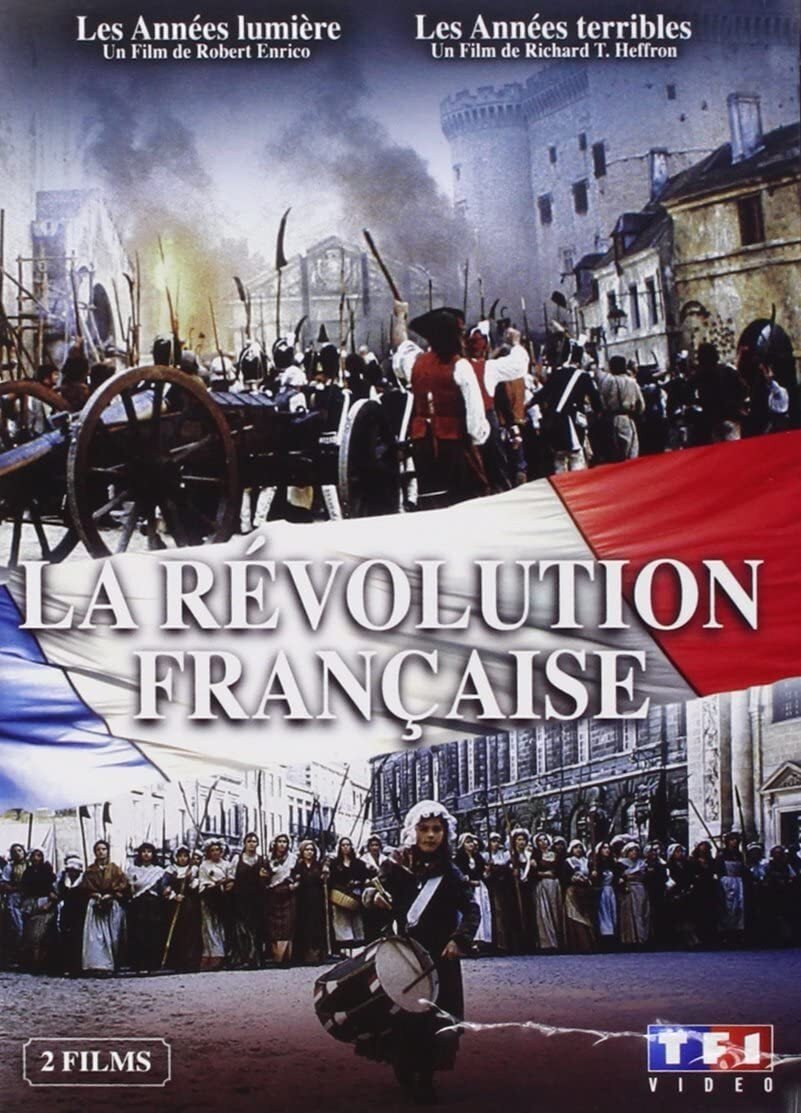
A history of the French Revolution from the decision of the king to convene the Etats-Generaux in 1789 in order to deal with France's debt problem. The first part of the movie tells the story from 1789 until August 10, 1792 (when the King Louis XVI lost all his authority and was put in prison). The second part carries the story through the end of the terror in 1794, including the deaths by guillotine of Louis XVI, Marie-Antoinette, Danton, and Desmoulins.

The plot centres around Phileas Fogg making a £20,000 wager with three members of the Reform Club that he can circumnavigate the world in 80 days. He takes with him his newly employed French valet Passepartout, and is pursued by Detective Wilbur Fix who mistakenly thinks Fogg robbed the Bank of England and is using the wager as a cover to escape capture.
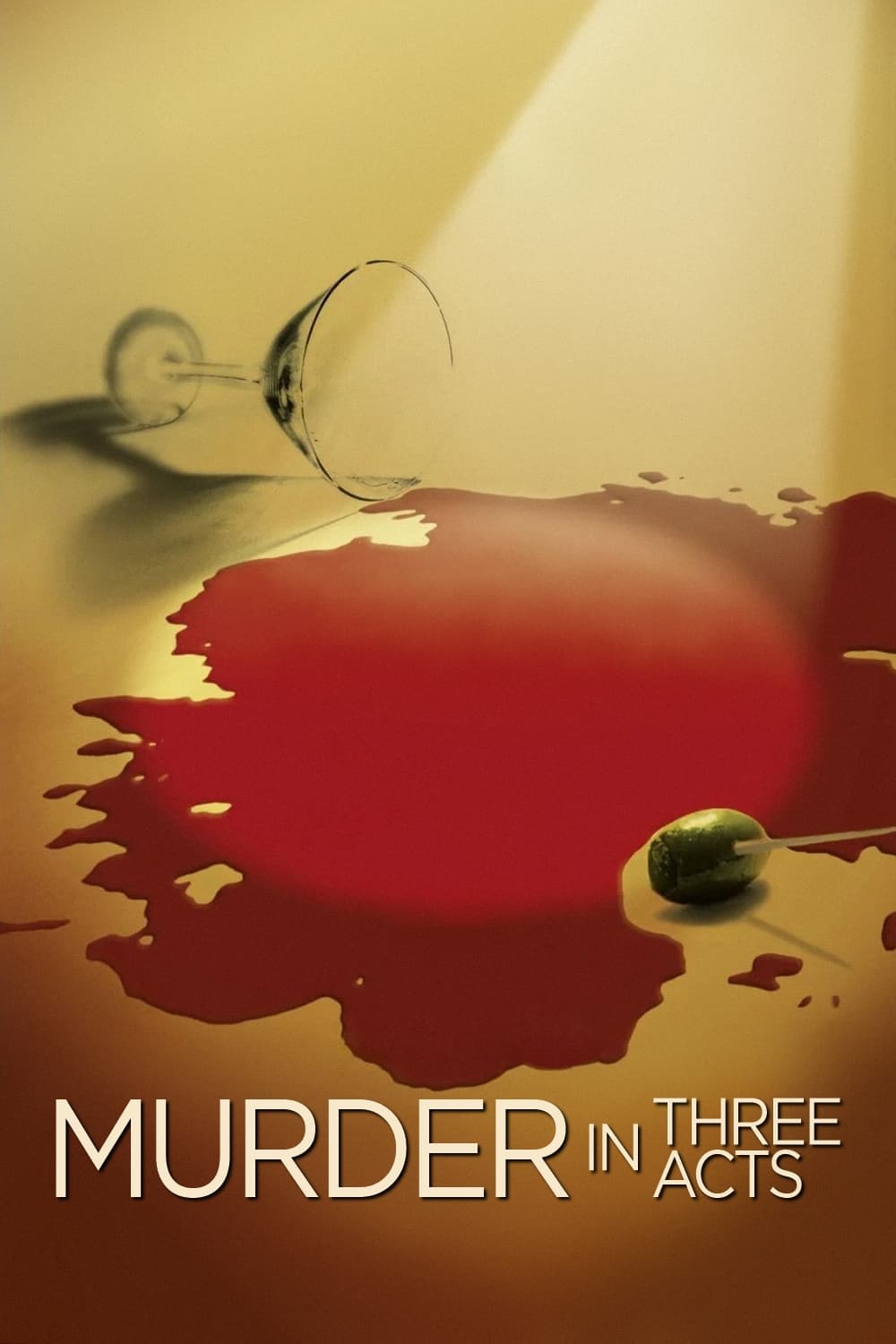
In Acapulco, Hercule Poirot attends a dinner party in which one of the guests clutches his throat and suddenly dies. The causes seem to be natural until another party with most of the same guests produces another corpse.
World-famous underwater adventurer Jacques Cousteau is on a journey on the surface of the sea. Along with Lucien Malavard and Bertrand Charrier, Cousteau invented a new kind of sailing vessel using a state-of-the-art, high-tech turbo sail. The tall, computer-controlled cylinder of metal sails the ship much like a conventional canvas sail, but is up to six times more efficient.
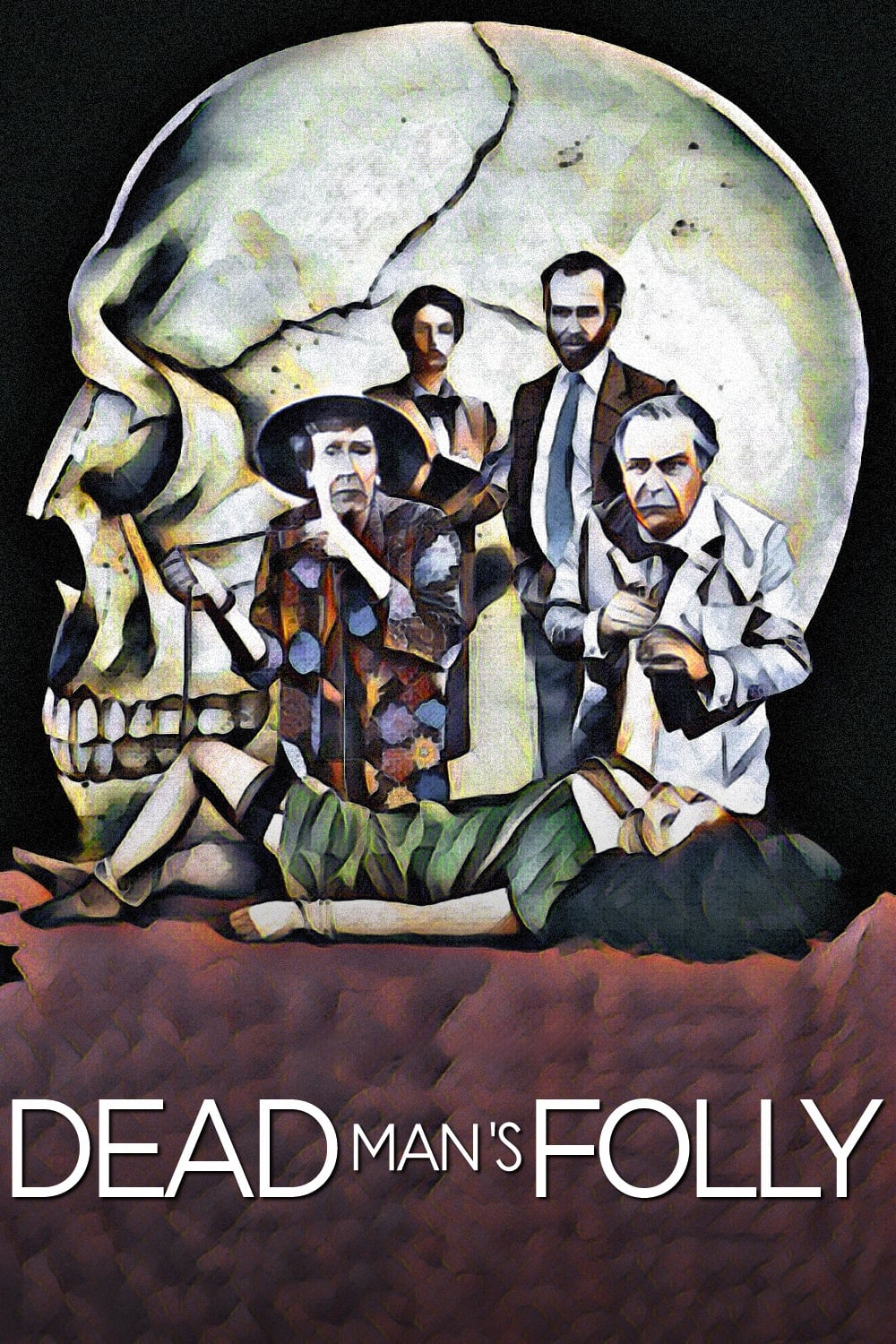
During a murder hunt game at a country house, to which Hercule Poirot is invited as an "expert", a real murder occurs.
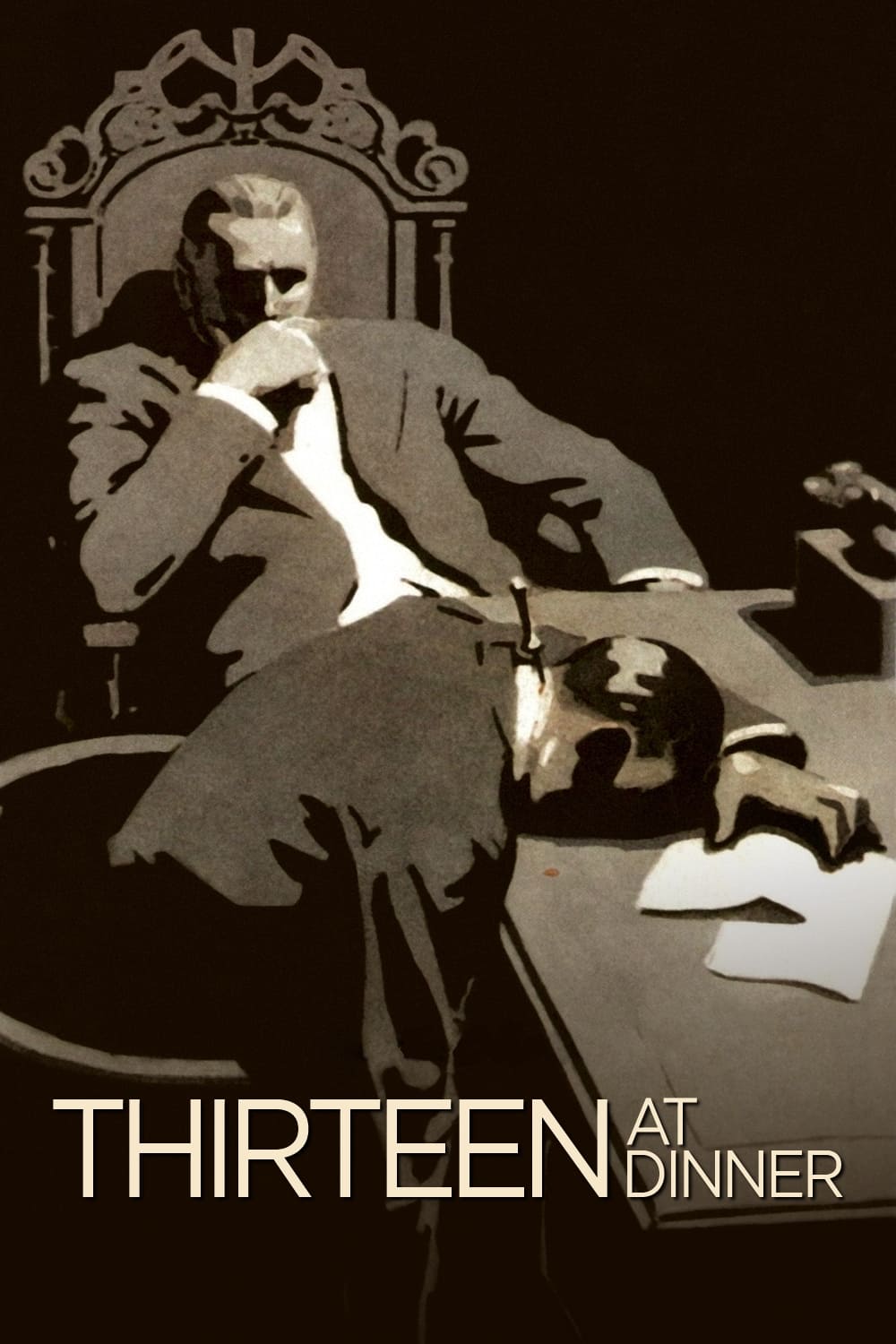
Actress Jane Wilkinson wants a divorce, but her husband, Lord Edgware, refuses. She convinces Hercule Poirot to use his famed tact and logic to make her case. Lord Edgware turns up murdered, a well-placed knife wound at the base of his neck. It will take the precise Poirot to sort out the lies from the alibis - and find the criminal before another victim dies.
Sir Peter Alexander Ustinov CBE ( 16 April 1921 – 28 March 2004) was an English actor, writer and dramatist. He was also renowned as a filmmaker, theatre and opera director, stage designer, author, screenwriter, comedian, humourist, newspaper and magazine columnist, radio broadcaster and television presenter. A noted wit and raconteur, he was a fixture on television talk shows and lecture circuits for much of his career. He was also a respected intellectual and diplomat who, in addition to his various academic posts, served as a Goodwill Ambassador for UNICEF and President of the World Federalist Movement. Ustinov was the winner of numerous awards over his life, including two Academy Awards for Best Supporting Actor, Emmy Awards, Golden Globes and BAFTA Awards for acting, a Grammy Award for best recording for children, as well the recipient of governmental honours from, amongst others, the United Kingdom, France and Germany. He displayed a unique cultural versatility that has frequently earned him the accolade of a Renaissance man. Miklós Rózsa, composer of the music for Quo Vadis and of numerous concert works, dedicated his String Quartet No. 1, Op. 22 (1950) to Ustinov. In 2003, shortly before his death in 2004, Durham University renamed its Graduate Society as Ustinov College in honour of the significant contributions Sir Peter had made while serving as Chancellor of the University from 1992 onwards. Description above from the Wikipedia article Peter Ustinov, licensed under CC-BY-SA, full list of contributors on Wikipedia.
By browsing this website, you accept our cookies policy.